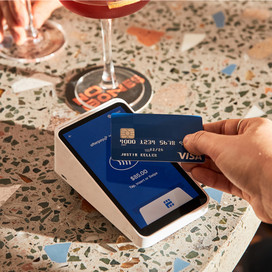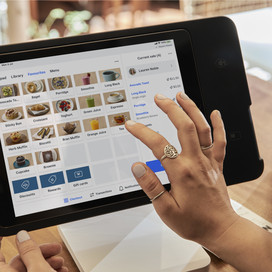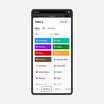Melbourne is the city where coffee isn’t just a drink, it’s a way of life, and one of the trailblazers of this iconic pairing is espresso bar Brother Baba Budan. They might be too humble to admit it, but owners Mark Dundon and Bridget Amor have not only helped shape the city’s coffee culture, they’re continuing to show consumers the value of a good cup of coffee, from farm to cup.
The pair previously worked together at the groundbreaking ST. ALi, and after venturing out on their first venue together, they now run four unique venues as well as a roastery. And with values grounded in quality, honesty, and transparency, there’s lots to learn from their journey of creating a sustainable, rich coffee future.
An evolution of the Melbourne coffee scene
2003 was a very different time. MySpace was about to launch, and being an influencer wasn’t a job yet. Aussie cafe culture was taking shape – places you would get your coffee as well as your eggs on toast – but “specialty coffee” hadn’t quite taken off yet. This is when Bridget and Mark launched Brother Baba Budan, an espresso bar in the middle of Melbourne CBD, sans eggs on toast.
“It was one of the first espresso bars in Melbourne,” says Bridget. “It was quite unique at the time and took a lot of explaining and a lot of communicating, a lot of first name basis and chatting to people. And when you started to see these people return, they really grasped what the concept was about and the culture just grew from there. And today, I still see those same faces walking through that front door and that’s really special.”
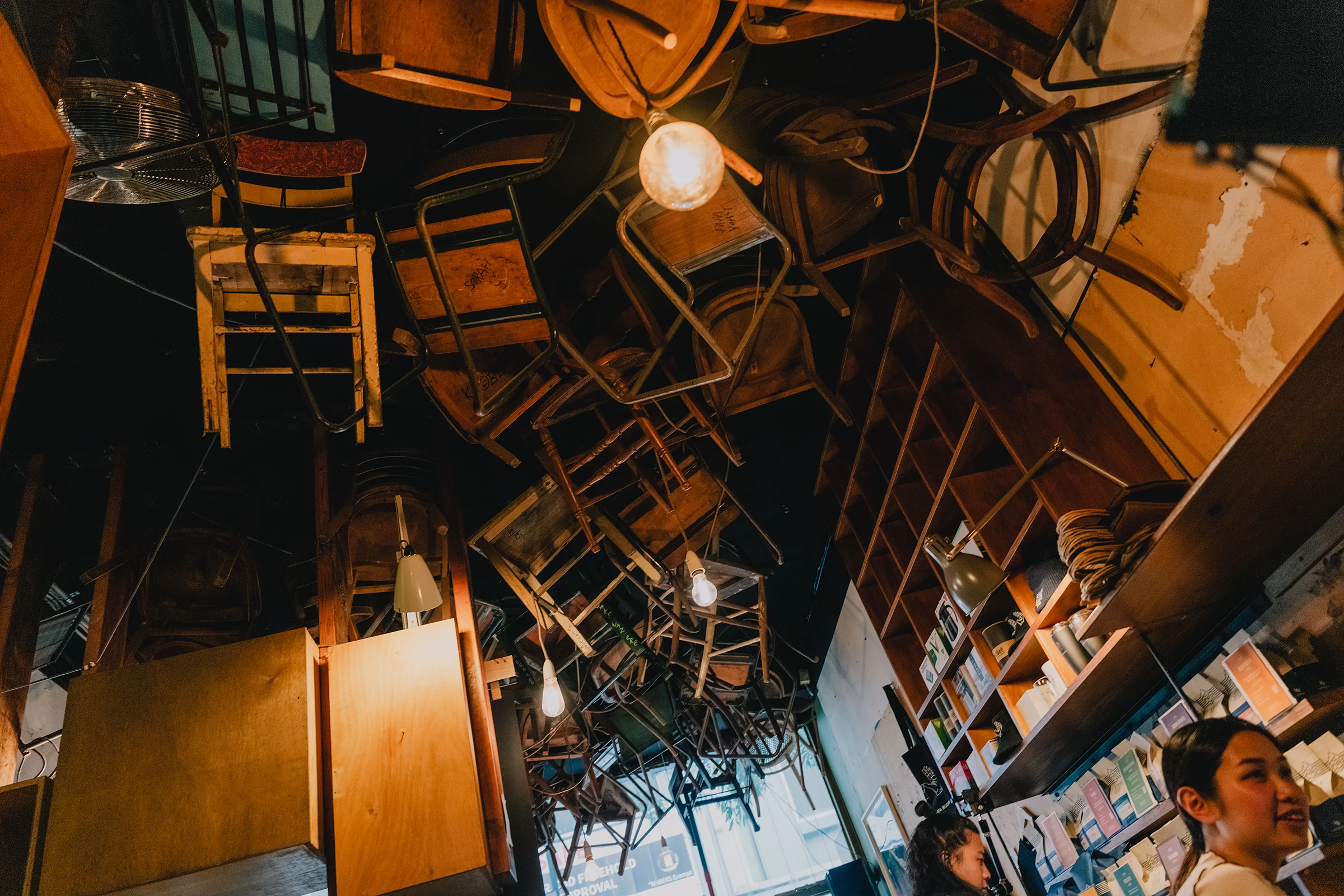

Slowly, Brother Baba Budan started to win people over. But this was just the first step for Bridget and Mark; the pair always wanted to be a part of the full journey of coffee, so in 2007, Seven Seeds Carlton was born. Located near Melbourne University just north of the CBD, the larger venue allowed for on-site roasting, as well as being a table service cafe (yes, eggs on toast included).
I think working in a cafe is great, but adding that extra layer of roasting and being able to do that little bit more is always intriguing and exciting and definitely optimistic to see what else you can do.”
Bridget Amor → Co-Founder
“The farmer puts a lot of work into that product so for me it was really important to treat the product well. So that’s how Seven Seeds came about, that really was my focus to make people understand about coffee,” says Mark.
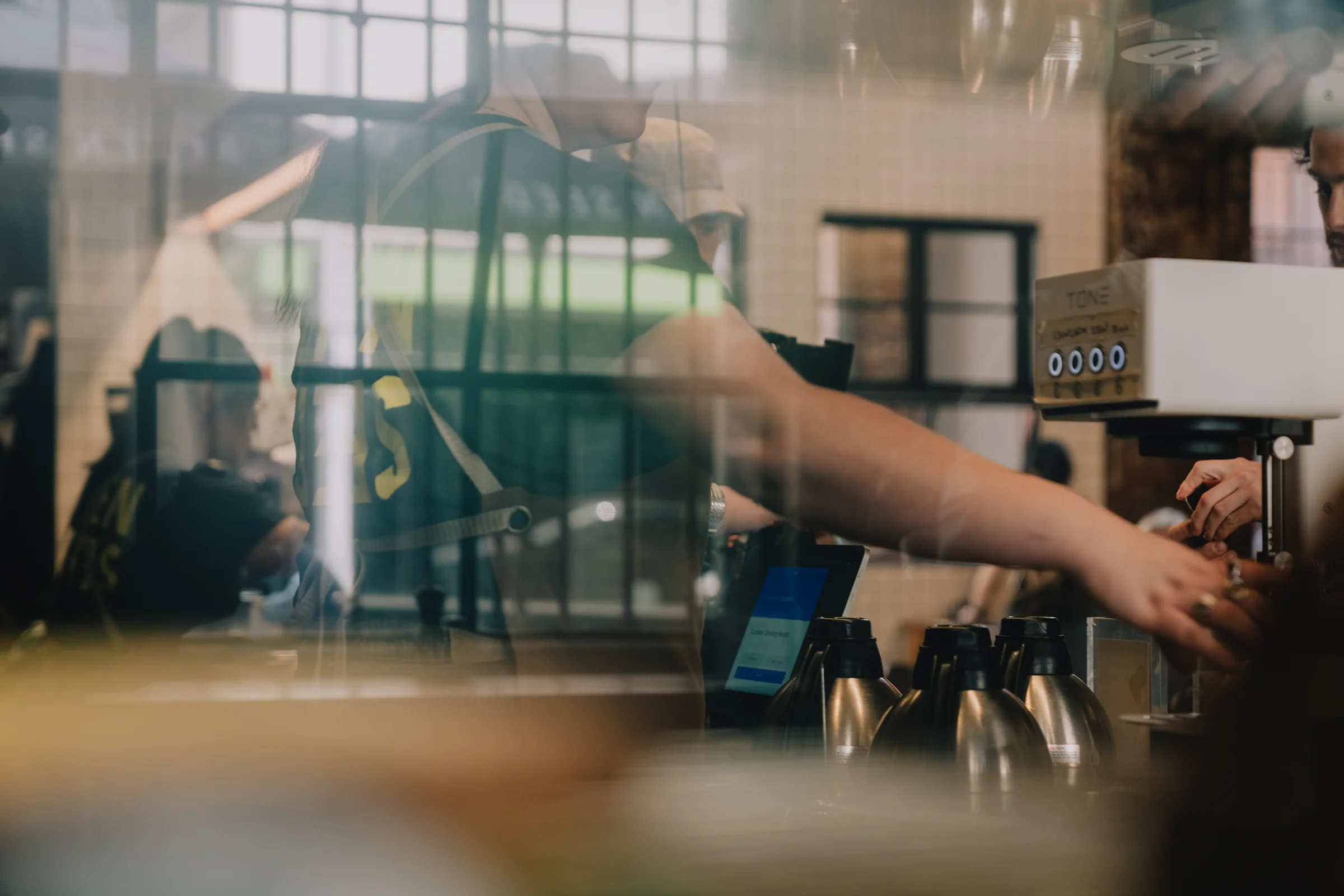
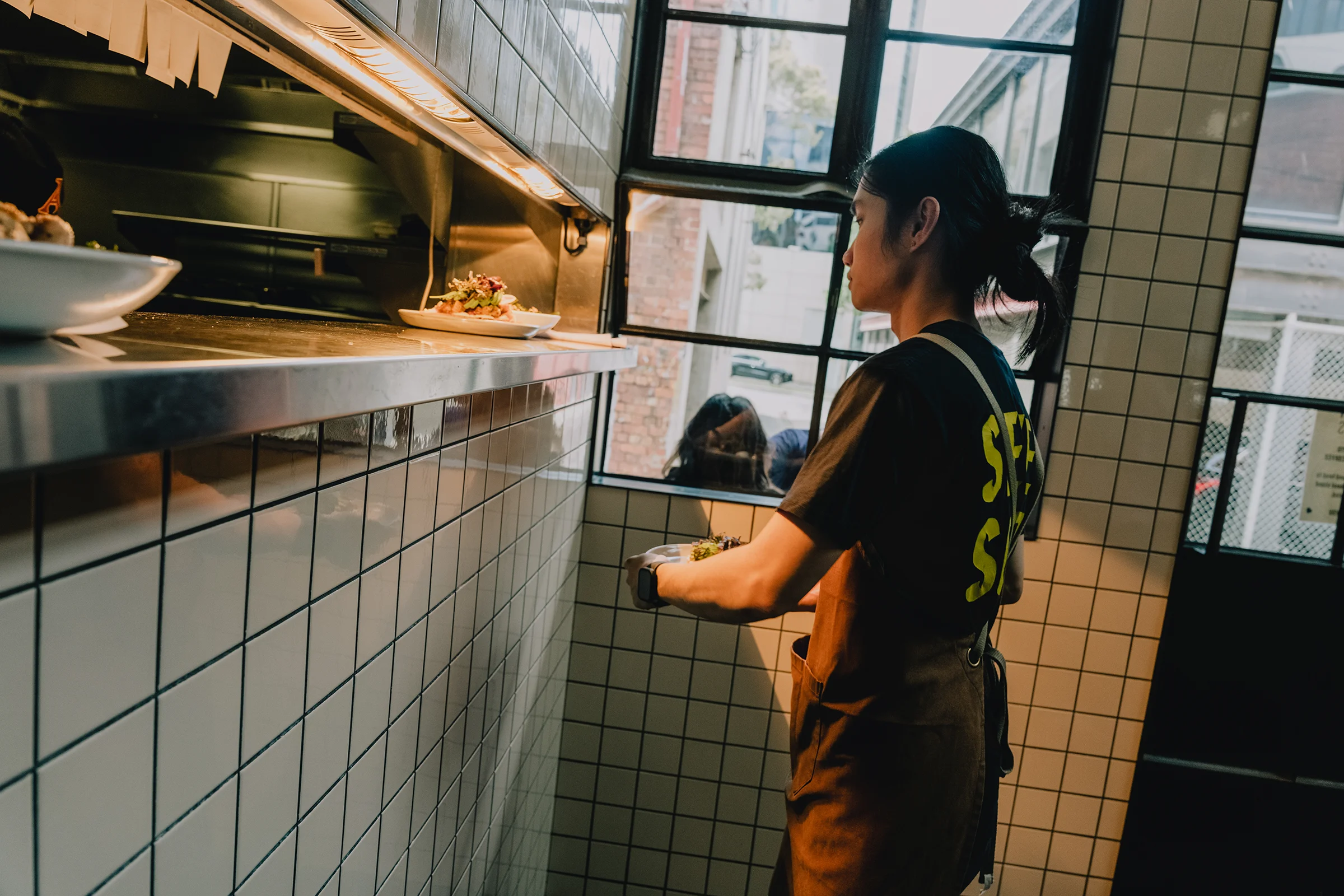
Their third venue together was another even smaller espresso bar, Traveller, located in one of Melbourne’s iconic laneways. With three venues, they quickly outgrew the Carlton roastery, and moved their roasting operations to a large warehouse in Fairfield, opening up more seating at Seven Seeds Carlton. And their latest venue, Suburbia, is a bakery and cafe, as well being an educational and retail space.
“All our venues are fairly different,” Bridget notes. “They all have unique vibes and cater to different parts of the city.”
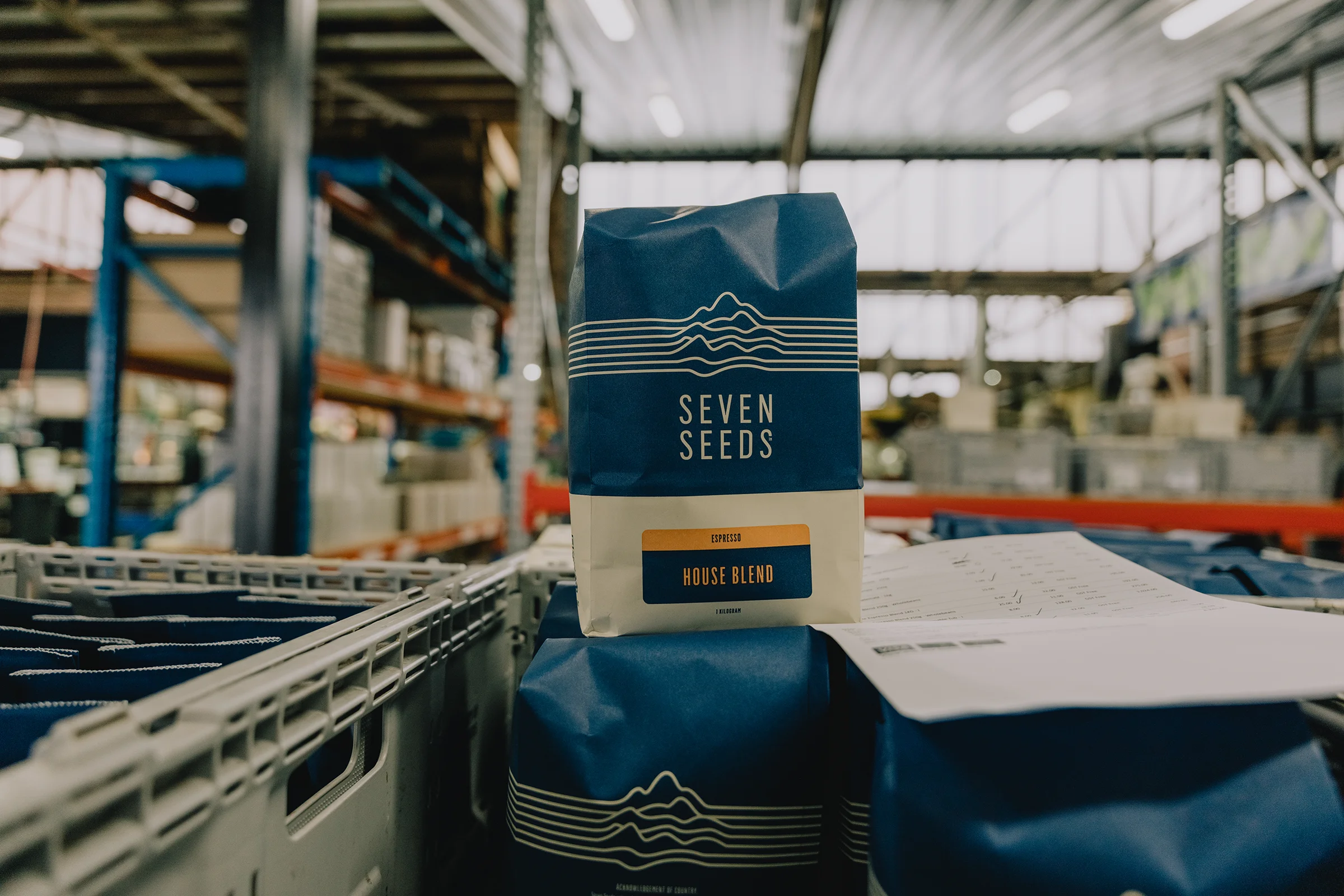

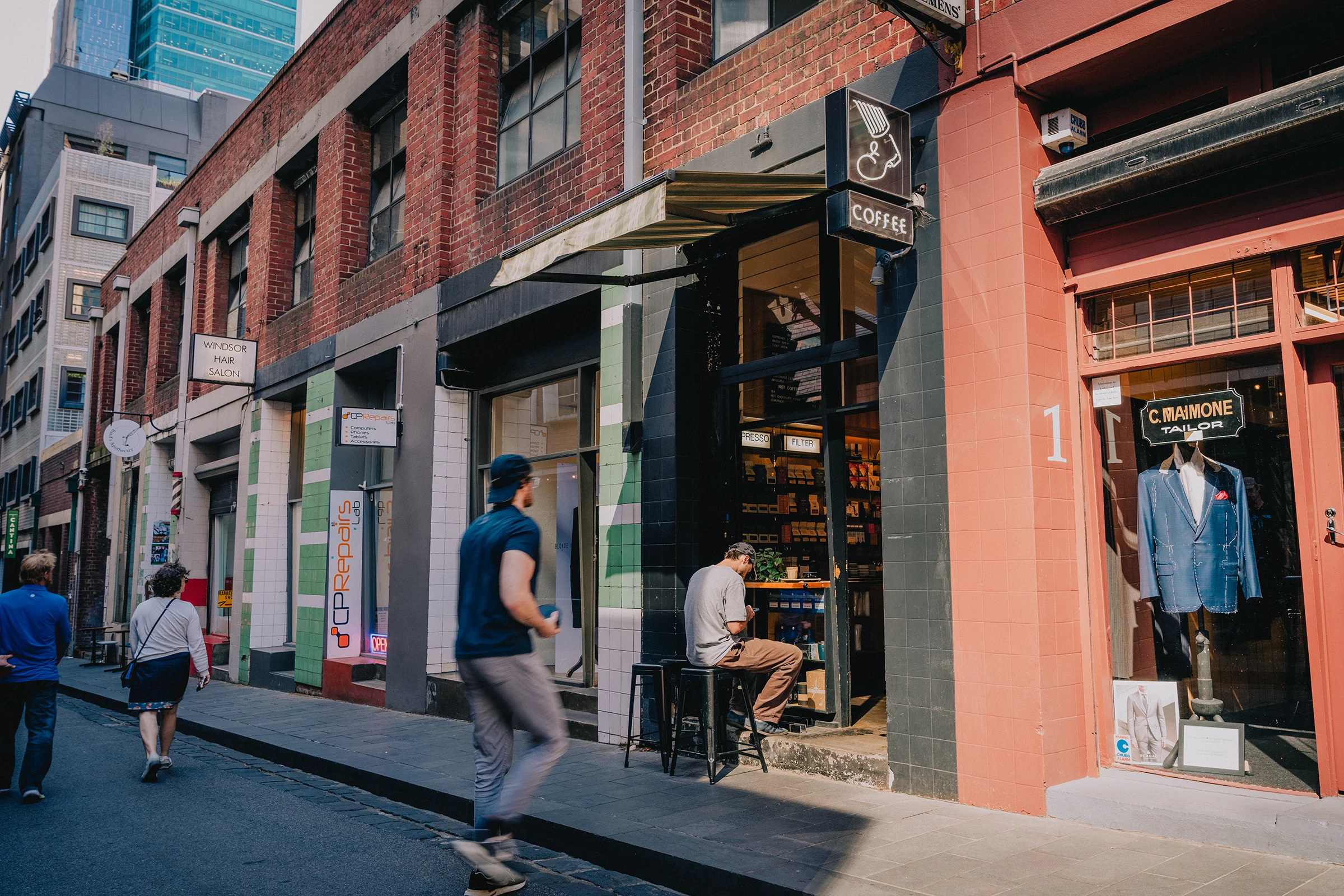
Going straight to the source
You can tell the pair have a real reverence for coffee – the names are steeped in history, drawing inspiration from Baba Budan, a man who smuggled seven coffee seeds out of Yemen in the 17th century. But beyond the names of the venues and the roasting, Bridget and Mark also wanted to break down the barriers between cafe, roaster, and grower.
Traditionally, coffee beans are often bought “spot”, meaning an importer has green beans already here, and you buy from them on the spot however much you want of whichever bean they have on hand. Coffee was treated as a commodity, which means the farmers have no vested interest in growing coffee if another crop produces a higher yield.
“A lot of coffee farmers over the last couple of years have been removing crops and planting other crops, just because of the price point,” says Mark. “A lot of people don’t realise that most coffee producers are growing something else as well and they need to have some sort of diversity.”
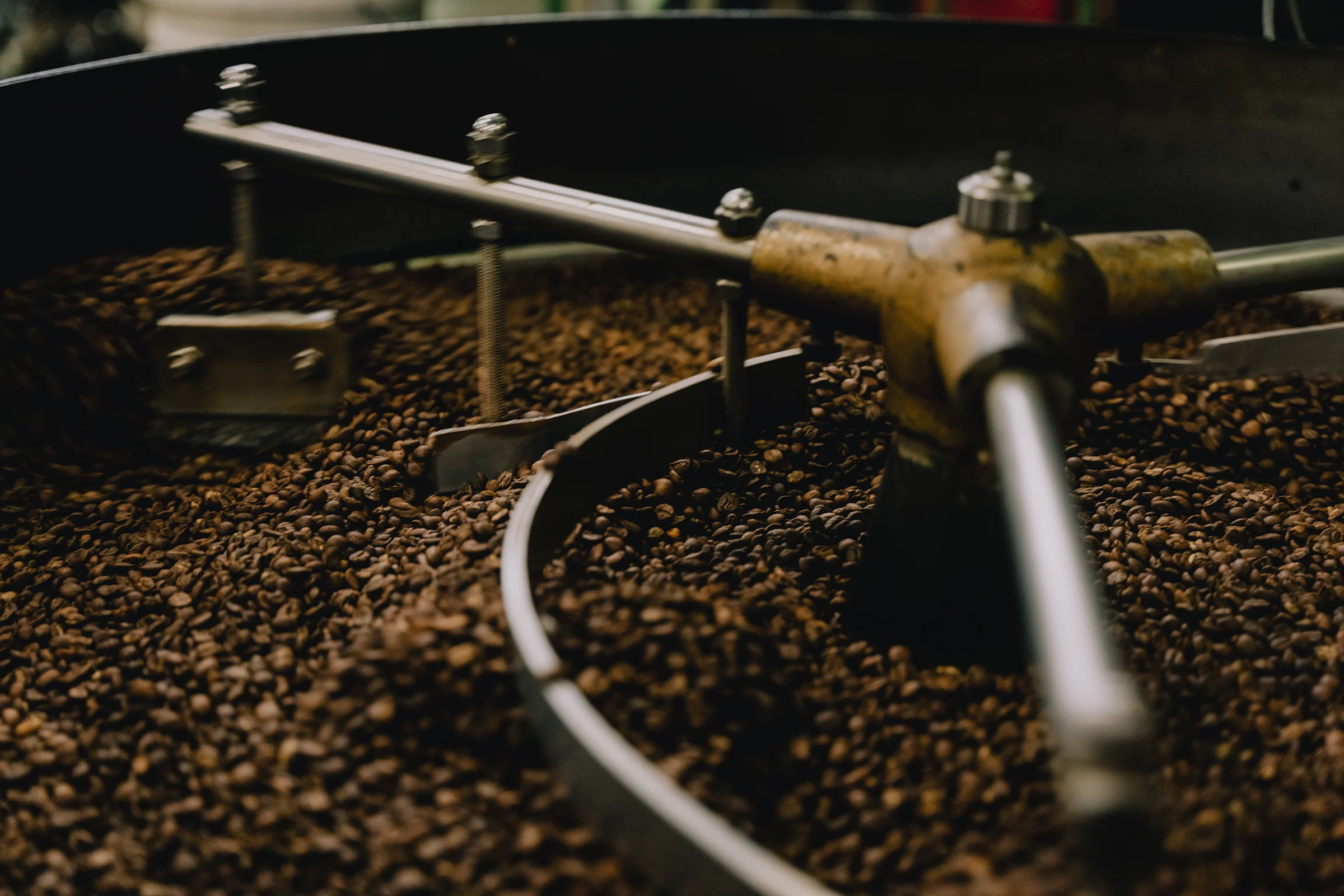
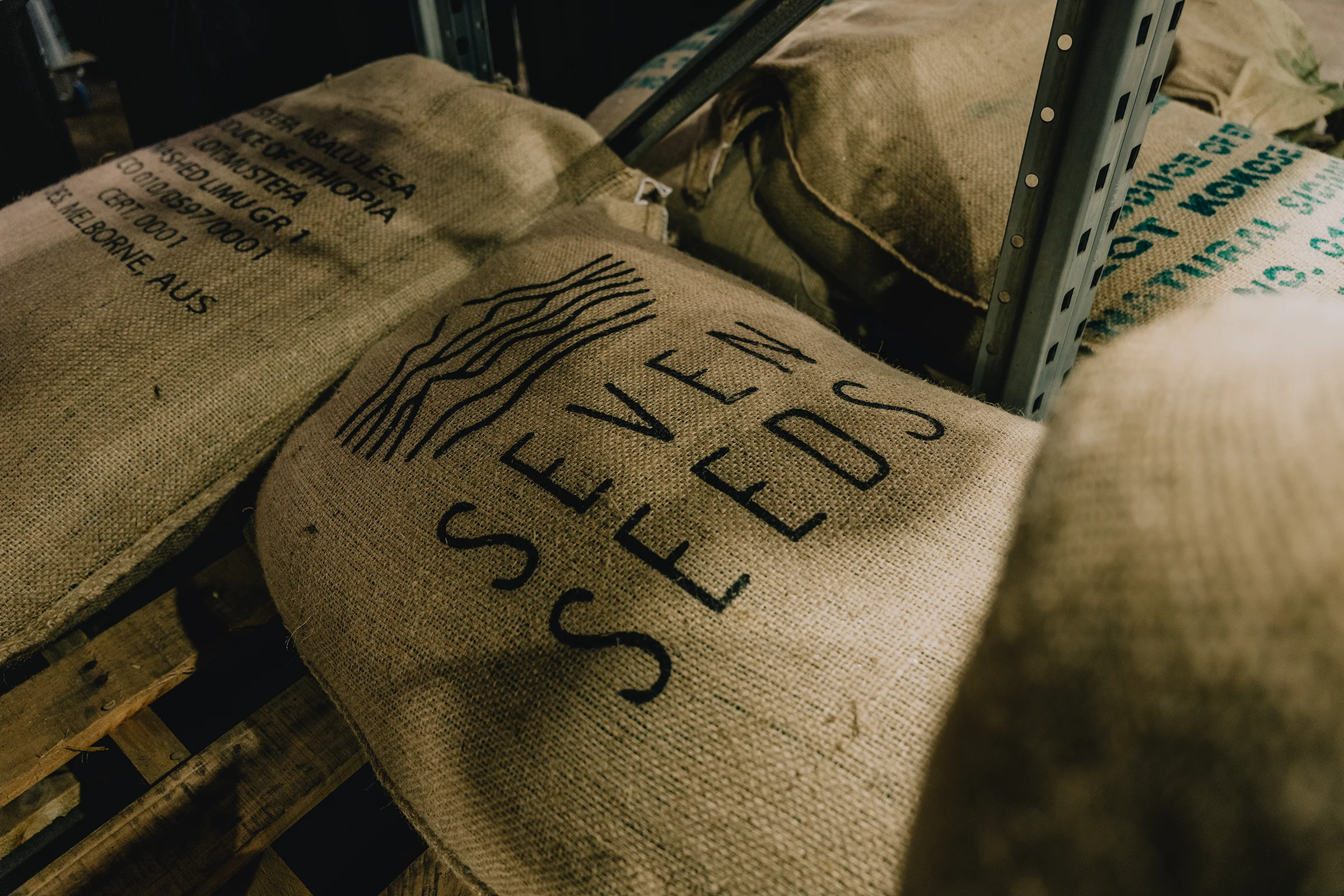
But Bridget and Mark want to see the coffee industry be sustainable for generations to come. For them, this means sourcing beans directly from the farmers so they can make sure they’re paid fairly so they can keep growing coffee, and to also form relationships with their producers.
We travel to the farms fairly regularly. Both of us have been to Central America, South America, and Africa, and places where we’re sourcing coffee. We always like to get at farm level and really discuss how the producer’s going, what’s happening.”
Mark Dundon → Co-Founder
Sourcing coffee from the producers is no small task though, especially when it’s all funded from the bank of Mark and Bridget. They now have to take into account shipping, and also take on any risk of the beans going bad in transit. “A container costs about $180k to put on the water and you don’t actually get the money back for that until you get it in and sell it. So it’s like an eight-month sort of investment,” says Mark.
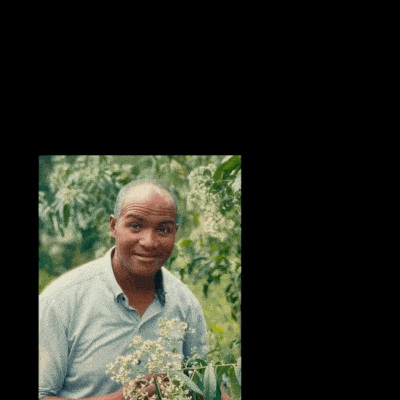
“We really need to understand that a producer can actually send his kids to school, for instance, or can exist and continue to grow coffee,” says Mark. “We talk to them quite openly about the price we’re paying for coffee. We’ll talk about the quality and aspects of what we’re seeing, but if there is a problem, we might forego that a little bit and still continue to pay them for that year, because sometimes things happen, weather, nature’s getting a little bit more unpredictable. We want them to grow great coffee.”
These direct relationships have also seen some of the producer’s kids fly out to Melbourne and work with the Seven Seeds team. “To us, it was really important to actually have Filipe from Brazil come out and work in our cafe for a couple of months to see what happened with his coffee retail-wise, and Raul from Guatemala,” says Mark. “So to bring those guys out and show, well, this is what we’re doing with your product. Felipe went back and opened three cafes and killed it in Sao Paulo which was really nice to see.”
Transparency
If direct sourcing represents their honest approach to coffee, “farmgate” and their Impact Report represents their transparency. And no, farmgate isn’t some scandal around angry farmers, it’s simply the price they pay to a producer at their farm gate. That’s before milling (like washing, hulling or pulping the coffee seeds), before shipping costs, before distributors, before roasting – it’s solely the amount the farmer receives for their produce.
“We try to be as transparent as possible, so we publish all figures that we get,” says Mark. “So if we have a direct relationship, we’ll get a farmgate price from the producer. If we are going through another agent or an auction system, we will publish up to the point where we have data too. We’re transparent completely with the information we’re given. We may ask an exporter and a lot of them give us all the information, but if an exporter’s not prepared to do that, we can’t work with them. We do choose our coffees based on our transparency model.”
There’s no sustainability police. So for us, it’s just easier to be transparent.”
Mark Dundon → Co-Founder
It’s all right there for you to explore. You can see their fargate prices for each of their blends and roasts that they sell on their website (as well as tips on how to brew your coffee and when is the best time to drink it). But their transparency goes further than that to their annual Impact Report which shows where they’ve sourced their coffee from, how long a relationship they’ve had with those producers, and the farmgate prices of all of their sources.
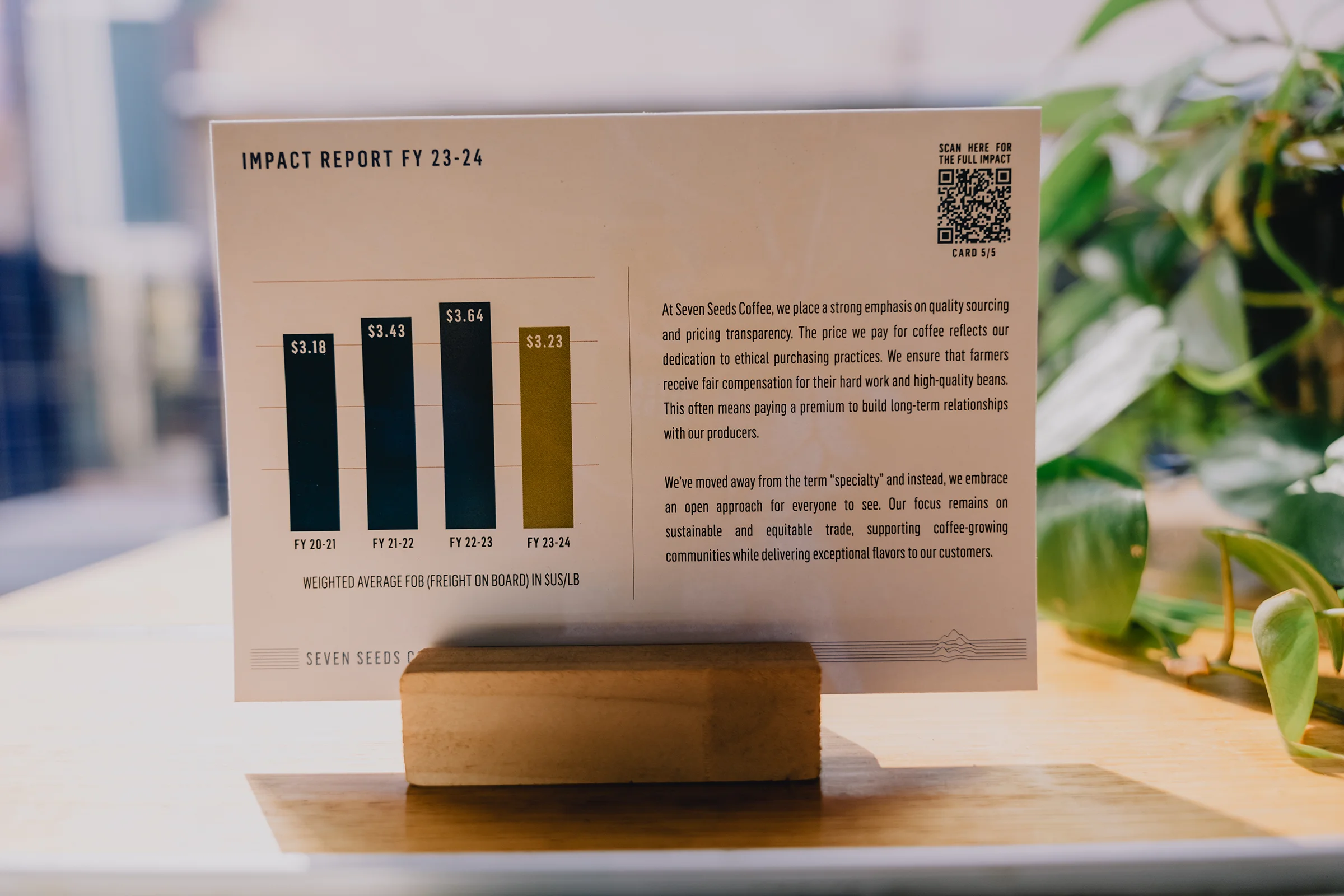
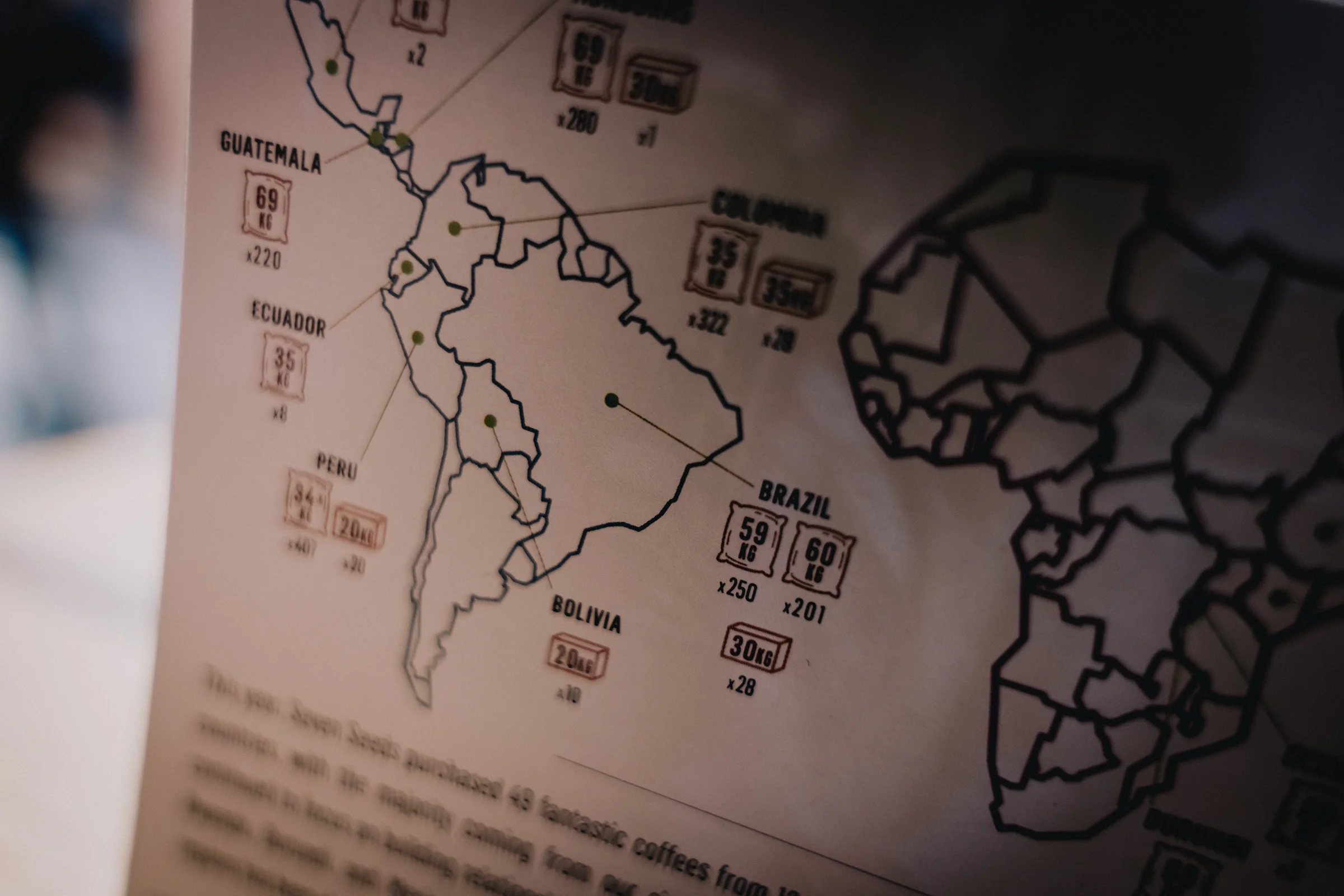
“The impact report is first and foremost a bible for us to stand by, for our staff to stand by, and really sets the pillars for our business,” says Bridget. “And I guess an added bonus is that we are able to put it out to the public, we are able to put it out to suppliers, we are able to put it out to anyone that’s interested in what we do.”
Fast transactions for fast paced venues
For a business that values transparency, integrating Square into their operations was a natural choice. Mark first encountered Square in the US and was impressed by its user-friendly interface and robust backend capabilities. “It was a very easy step to look at those aspects of Square and use it in our business day-to-day,” says Mark.
And with their first venue opening up in 2003, the transition from a cash register to Square was like night and day. “Square is obviously a lot more streamlined, a lot faster, a lot easier for multiple staff to use,” says Bridget. “Having multiple businesses of multiple sizes doing various offerings, Square just worked.”
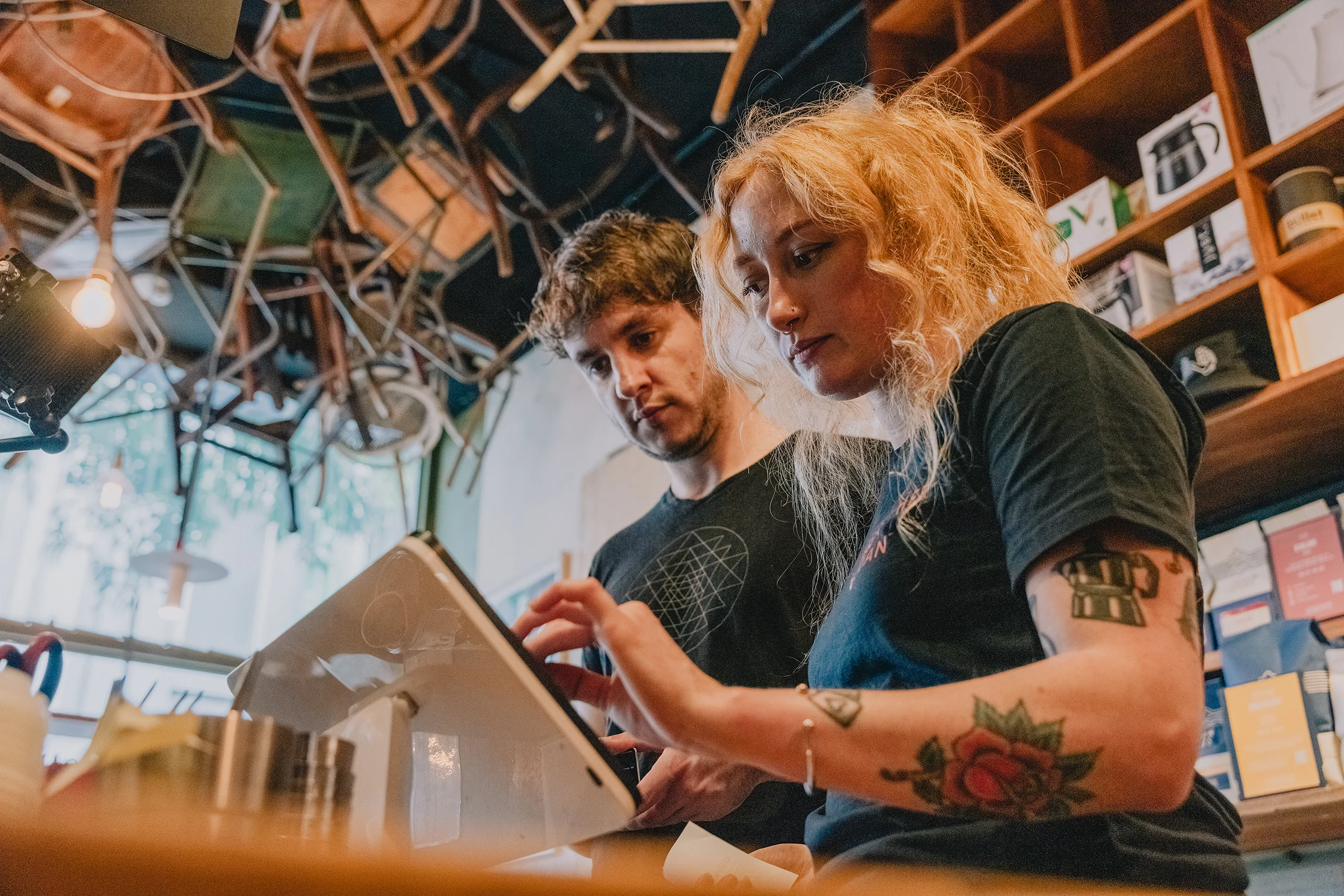
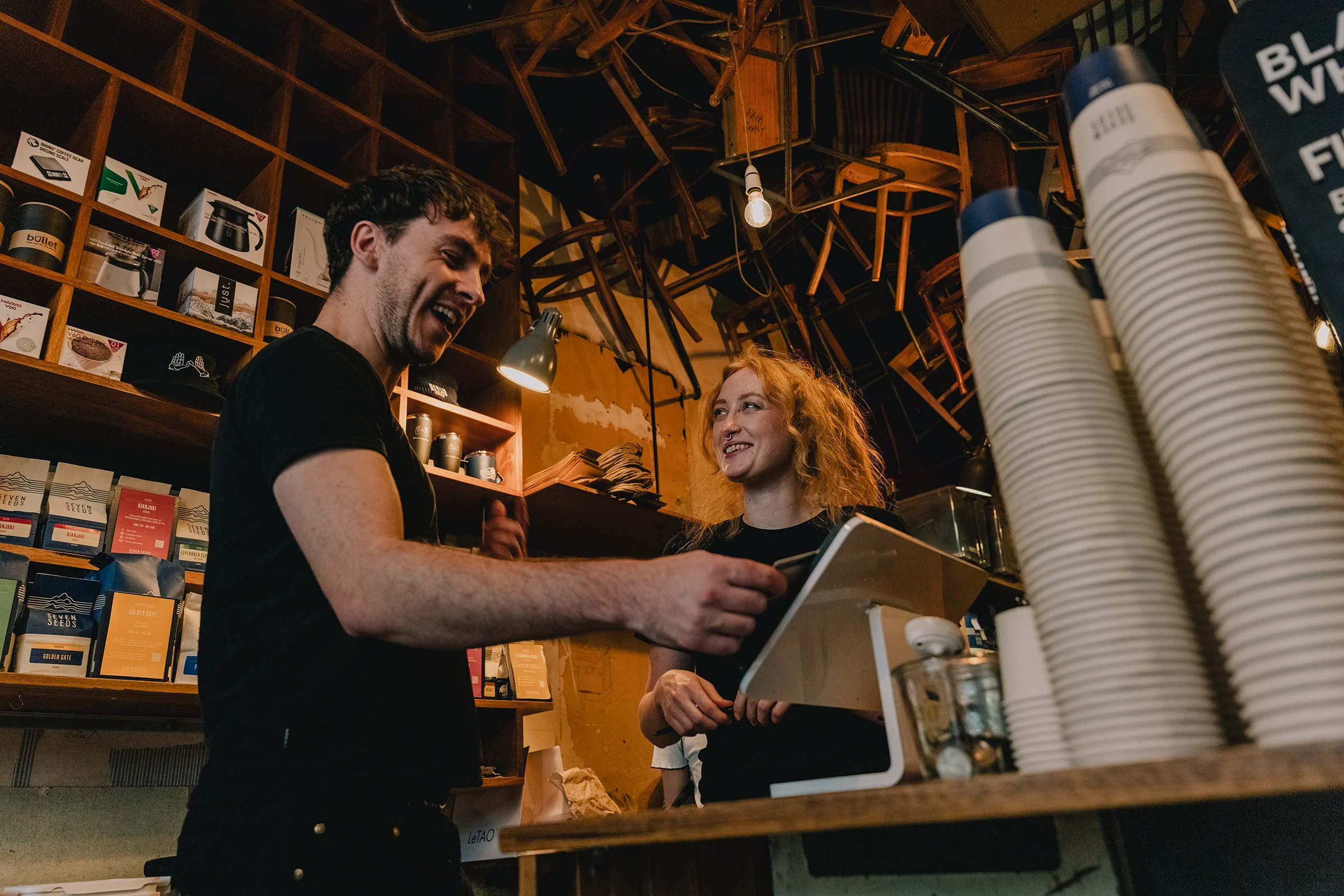
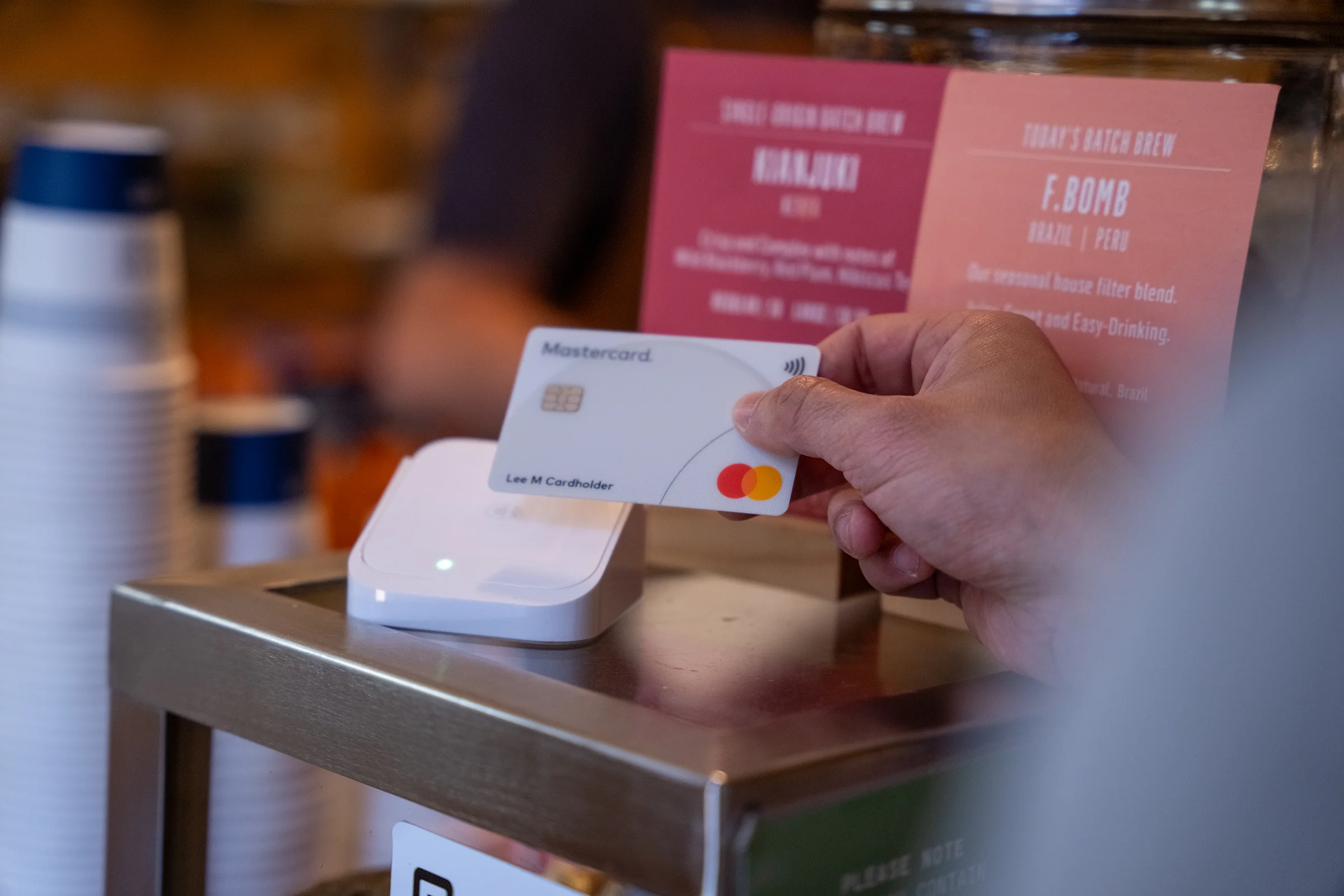
For their espresso bars, quick service is crucial. Brother Baba Budan uses Square Stand, an iPad powered POS, which lets their staff enter orders quickly with customers tapping their card right next to the screen, whilst Square Reader is used at Traveller with its smaller footprint.
At Brother and Traveller, it’s very high-paced, very fast turnover, so it’s really critical that the staff have a really quick transaction.”
Bridget Amor → Co-Founder
A flexible POS for a table-service cafe
With different locations and various types of venues, a single solution that works for all of them was vital. Seven Seeds Carlton is powered by Square Register, with a large display for counter-based takeaway orders, or to enter dine-in orders. The dedicated customer display gives the customer full transparency so they know what they are paying for before they tap their card.
With a table-service dine-in area, the team also uses Square for Restaurants to keep their front-of-house and back-of-house in sync, especially utilising the floor plan with table numbers. “So the process of the table management is pretty straightforward because Square is such a user friendly POS system. All you have to do is go into the table number, put the order through, and the docket will print out at each station, so everyone knows what they’re making to avoid any confusion,” says Jo, Operations Manager.

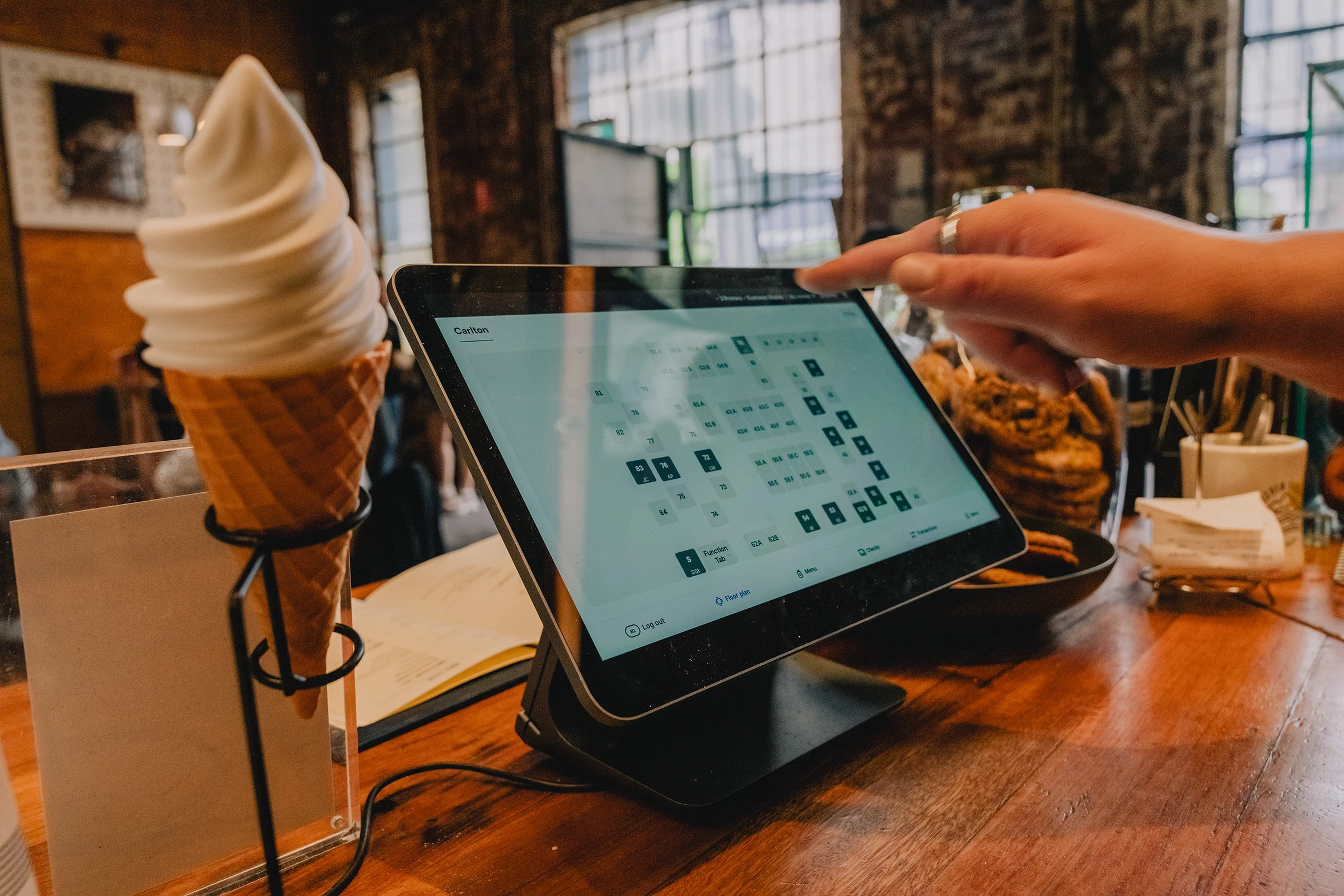

It’s very intuitive. You look at the screen with the seat map, it’s very easy to really follow to see when a table’s occupied, when it isn’t, to pull back up a ticket. All those things are just really straightforward and that’s why we love Square.”
Mark Dundon → Co-Founder
On the back end, the team use the data from Square Dashboard daily to make crucial business decisions. The team have real time as well as historic data on what sells well (or not so well), and when. “We’re opening later at Brother, just because of a trend with people staying out and being able to drink coffee a little later,” says Mark.
We’ve got a couple of fast-paced espresso bars, we’ve got one venue with a floor plan and a full kitchen, we’ve got one venue that just offers retail coffee and within that our retail offering of our coffee changes. So to be able to control that from the head office of coffees on, coffees off, from venues to have food on, food off, it’s just very easy for us to use.”
Bridget Amor → Co-Founder
Slow and steady
Mark and Bridget have intentionally scaled slowly. Instead of quickly opening up ten stores called “Seven Seeds”, they want to create something unique with each venue. “We were once told to build that brand and call everything the same and we just didn’t,” says Mark.
“To us, they all have really individual identities, they’ve all got different vibes, they’re all in different locations of the city. So I think that’s the exciting part for us. To just repeat a pattern, a process the whole time and to make it identical feels a little bit soulless to me. And that’s the part of the process that we probably really enjoy is to build up an identity. And the staff as well, even for them to move across different venues is quite exciting.”
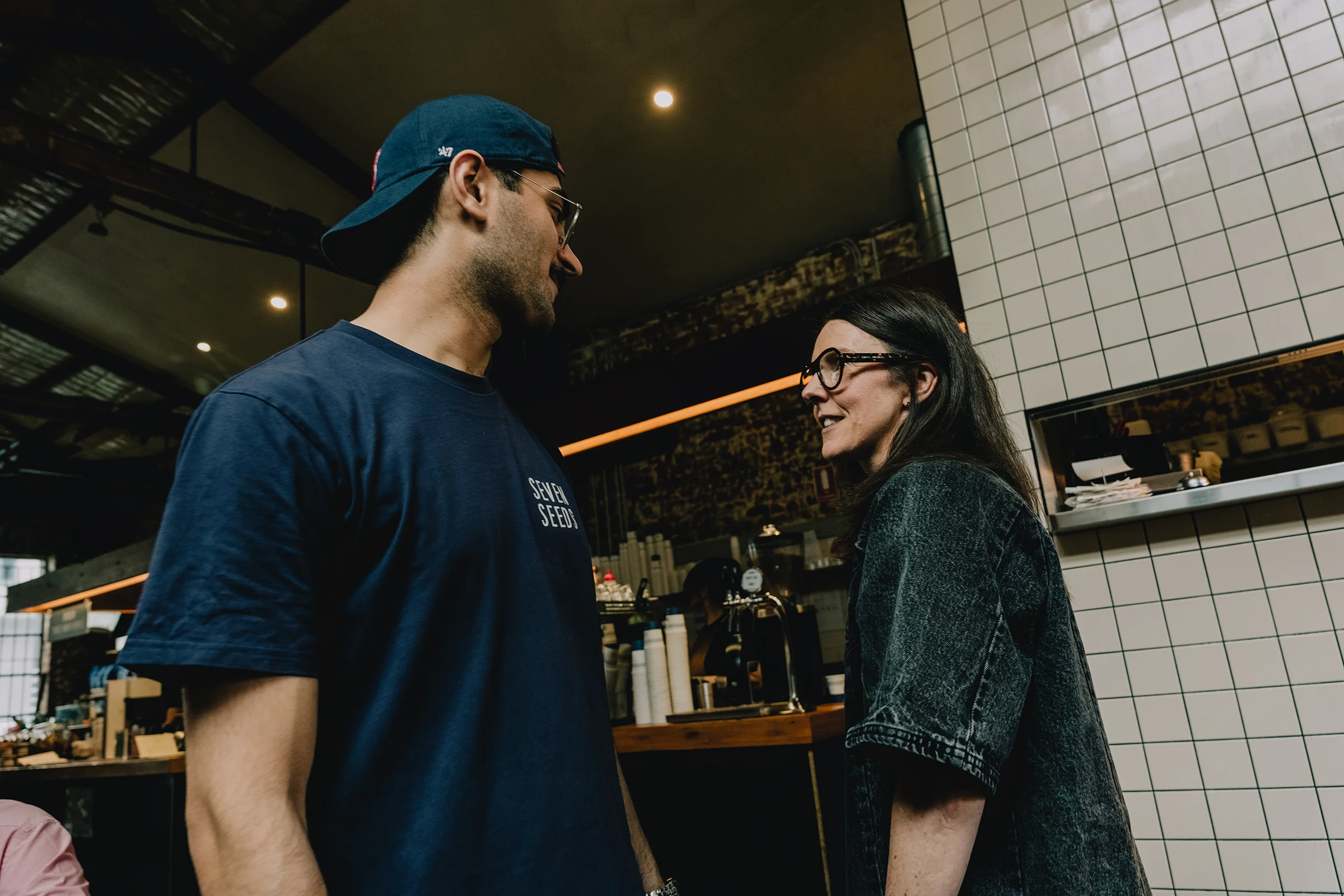
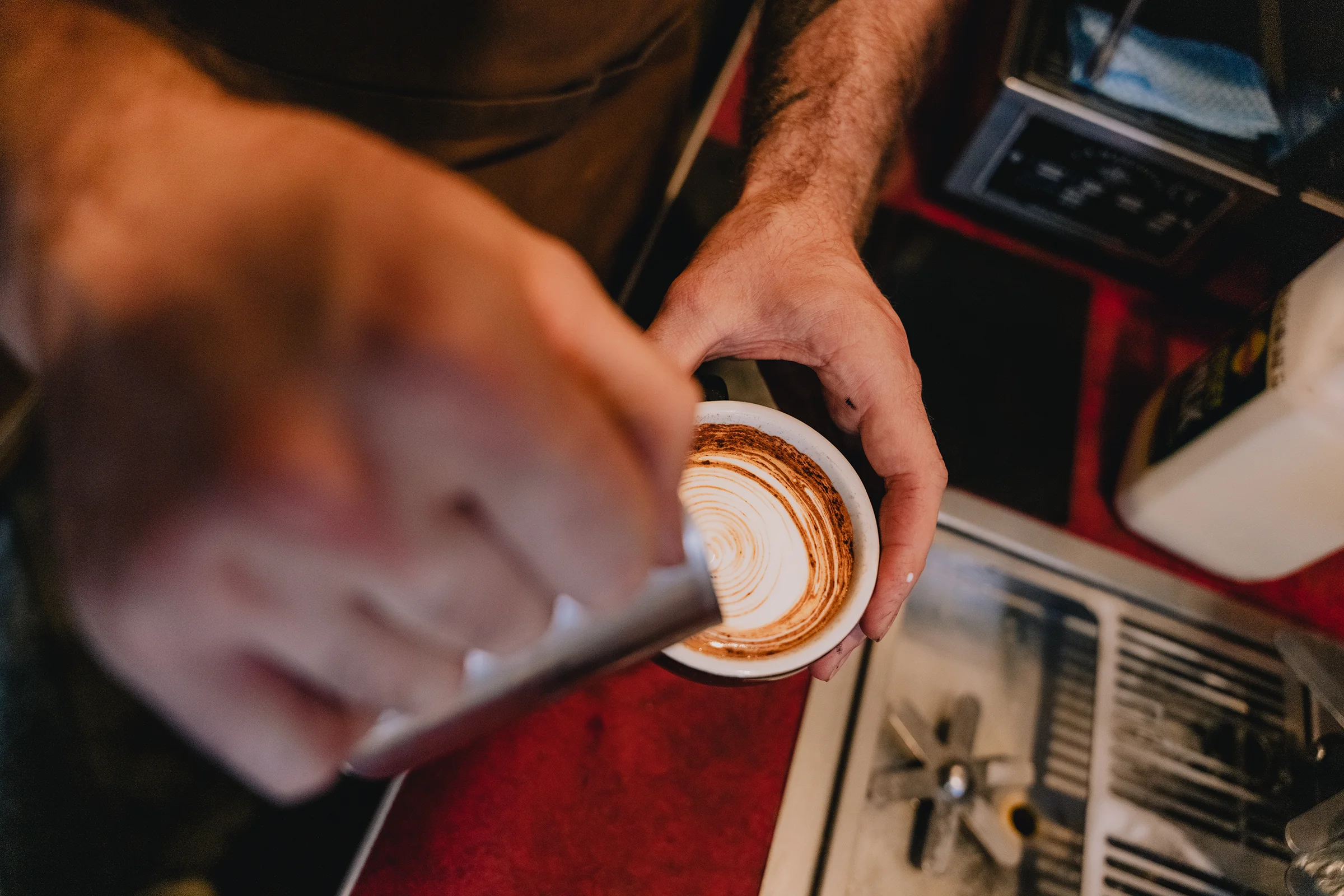

In a world where consumers are becoming increasingly conscious of their choices, Seven Seeds stands out as a brand that not only delivers exceptional coffee but also contributes to a more equitable and sustainable industry. And sustainable not just as a trend, but to see the industry live on and improve for decades to come.
In a world of smoke and mirrors I think the general public are getting very on board with black and white and just people being honest in what they do.”
Bridget Amor → Co-Founder
![]()


